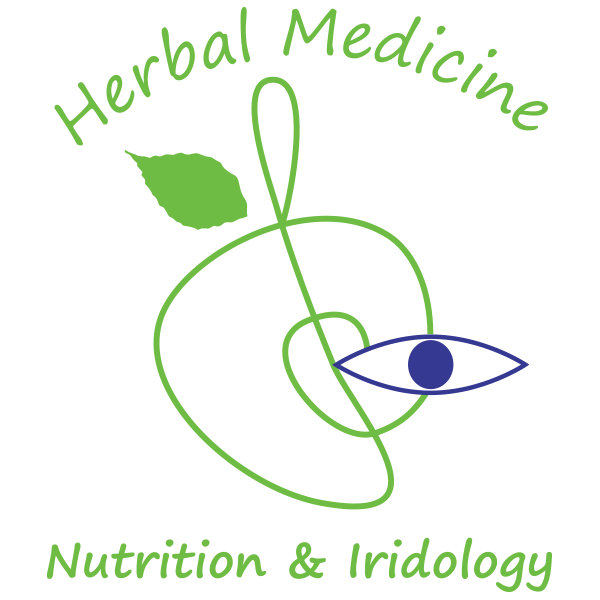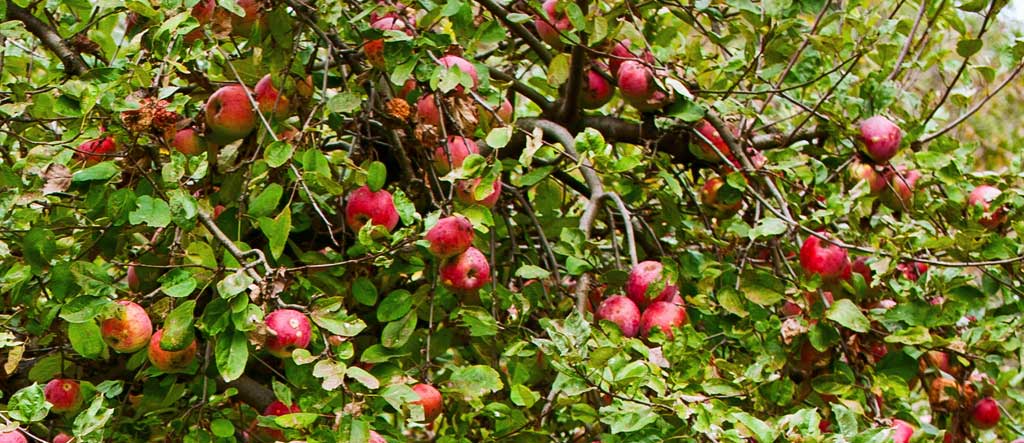Category: Nutrition
Nutrition, Nutrition, Nutrition!
Good nutrition forms the foundation for good health. The focus is on eating minimally processed whole foods, prepared and cooked for maximum nutritional value and taste.
-
Healthy eating habits
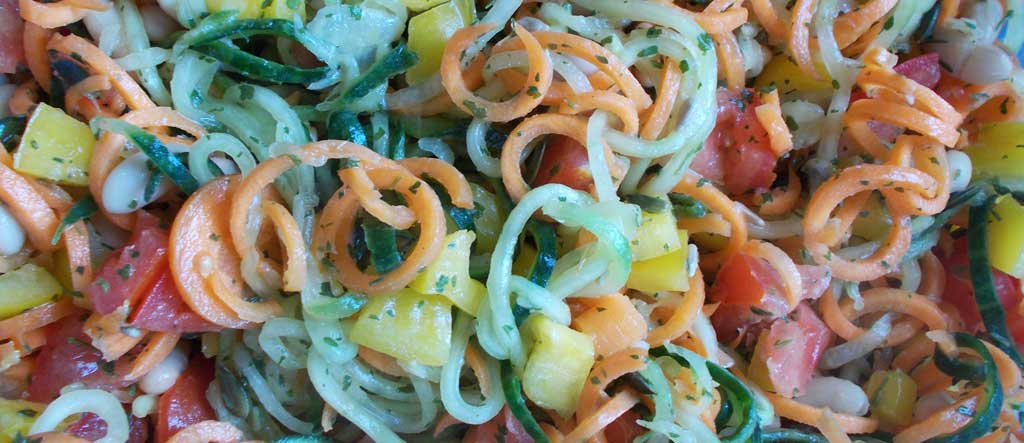 Read more: Healthy eating habits
Read more: Healthy eating habitsHealthy eating: general guidelines While there is no ‘one-size-fits-all’ diet, there are some general guidelines you can keep in mind to help promote healthy eating habits. Eating mostly plant foods, such as vegetables, fruits, whole grains and legumes (beans, peas, lentils), while limiting highly refined foods, will help to reduce your intake of saturated or…
-
Your Right Weight
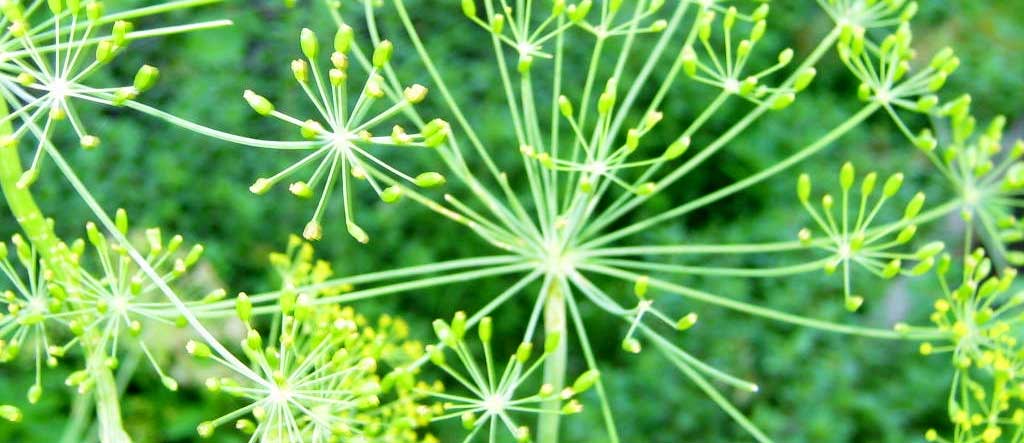 Read more: Your Right Weight
Read more: Your Right WeightWhat is your right weight? There are many mathematical equations that can tell you what your average weight should be. Cultural and societal influences and our own inner critic, may point to an idealised dress size or waistband. Rather than external dictates, I believe our own body lets us know when we have reached our ideal or right…
-
Carbohydrates
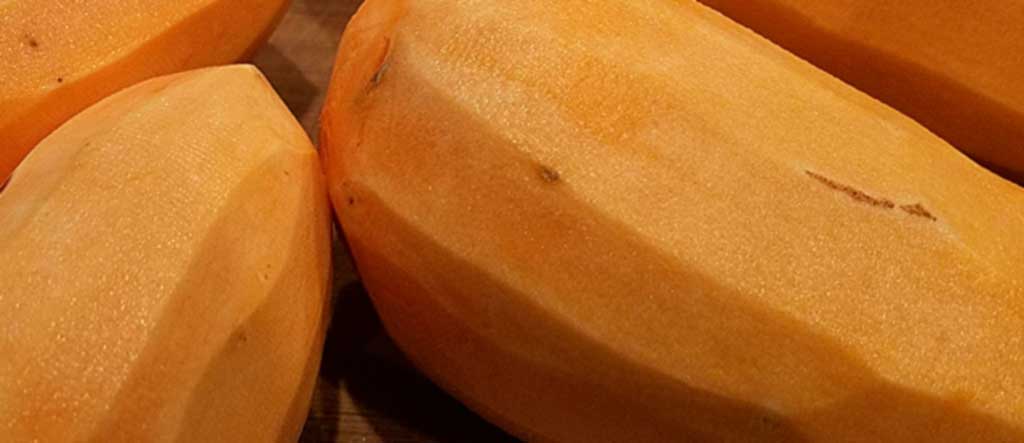 Read more: Carbohydrates
Read more: CarbohydratesCarbohydrates are sugars produced by plants during the process of photosynthesis. They are an essential source of energy not only for the plants who produce them but also for us. Carbohydrates can be simple sugars (monosaccharides), double sugars (disaccharides), composed of a few sugars (oligosaccharides), or of many sugars (polysaccharides.) Most foods contain carbohydrates, which…
-
Green Smoothie
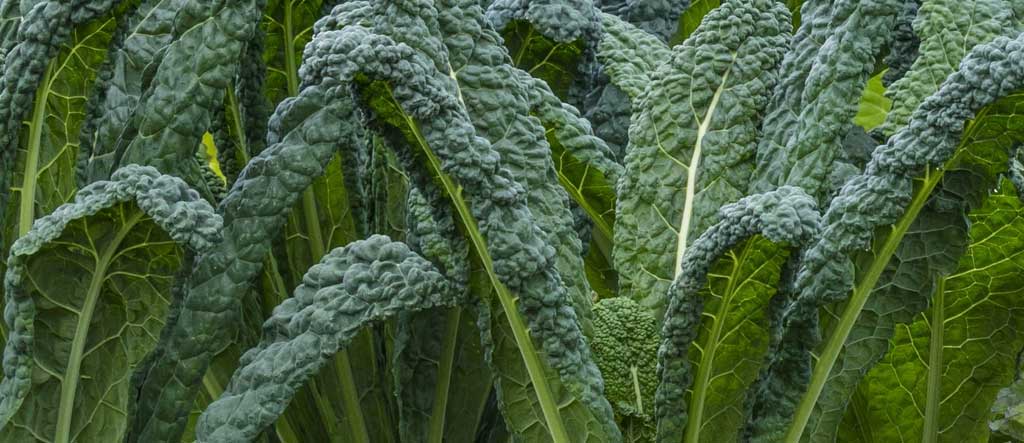 Read more: Green Smoothie
Read more: Green SmoothieGreen smoothies are an easy and tasty way to include more raw fruits and leafy greens into your daily diet. Mornings are an ideal time for fruit as that is when your body’s natural cleansing cycle is in full effect. Ingredients: 1 handful leafy greens 1 ripe banana 1 ripe pear, cored 2 tablespoon milled flax/chia seeds 1 teaspoon…
-
Banana
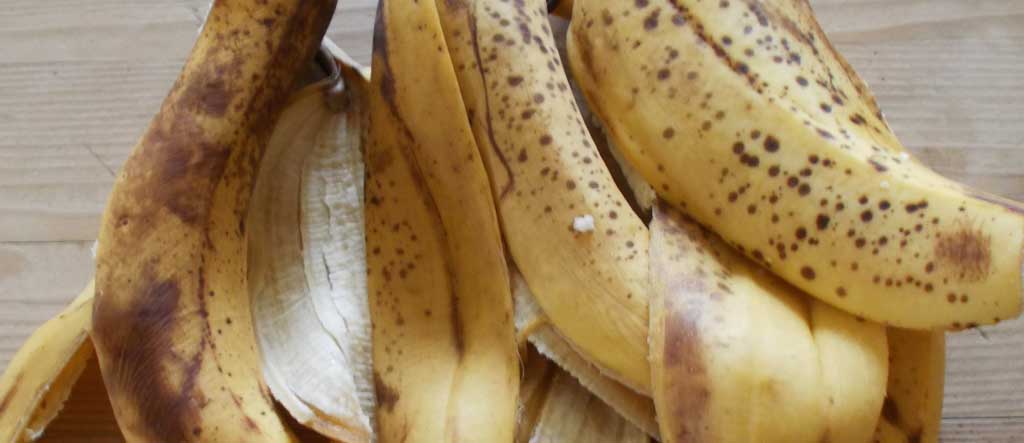 Read more: Banana
Read more: BananaMusa paradisiaca Bananas are one of my favourite foods. The bio-available fructose, sucrose and glucose content make them a favourite with athletes. Banana purée is a popular food for infants. On its own a banana is a satisfying snack and easily combines with other fruits and foods, raw, frozen or cooked. They are a cooling food…
-
Plant-based proteins
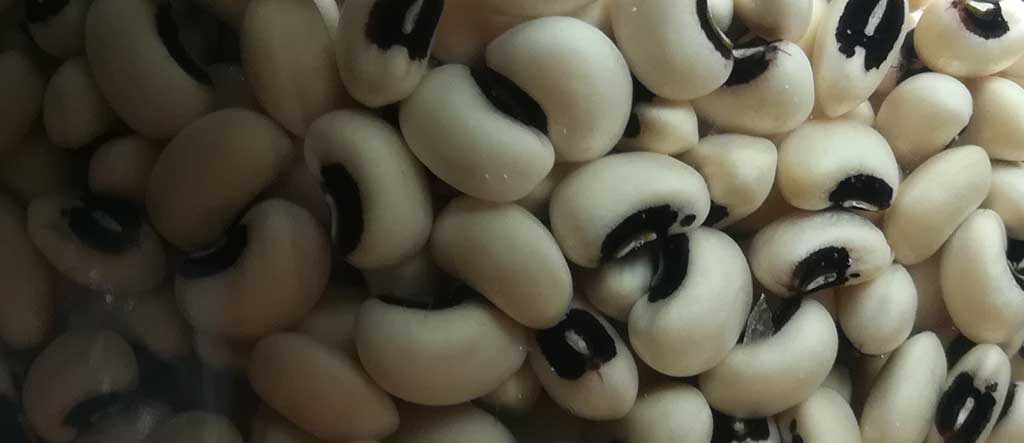 Read more: Plant-based proteins
Read more: Plant-based proteinsProteins are involved in all functions of the body. They help to build body tissues, enzymes, immune cells and are essential for repair and maintenance. Amino acids, of which there are 20, are the building blocks of proteins. 9 of these amino acids are considered essential as the body cannot make them and need to…
-
Sprouting grains, seeds and pulses
 Read more: Sprouting grains, seeds and pulses
Read more: Sprouting grains, seeds and pulsesSprouting is an easy and economical way to add vitamins, minerals and digestive enzymes to your diet. Sprouting increases vitamin content by up to 700% and provides a rich source of antioxidant and anti-carcinogenic proteins, minerals and vitamins. Alfalfa sprouts are high in vitamins A, B, C, E and K, and amino acids; they help…
-
Essential Fatty Acids
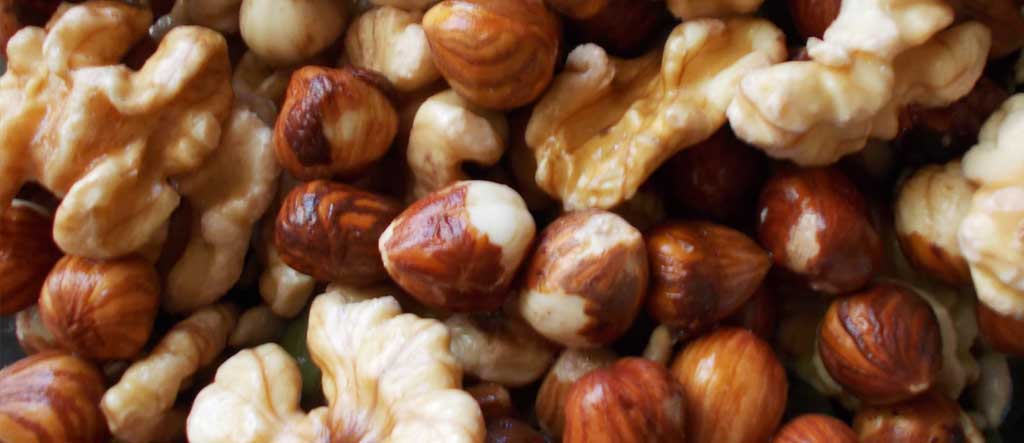 Read more: Essential Fatty Acids
Read more: Essential Fatty AcidsOmega 3 & 6 The human body is capable of producing all the fatty acids it requires except for two: omega-3 fatty acid and omega-6 fatty acid. Omega-3 and 6 are termed: Essential fatty acids (EFAs), because we need to get them from our diet. Omega 3 fatty acids are primarily found in plant sources…
-
Dietary Fibre
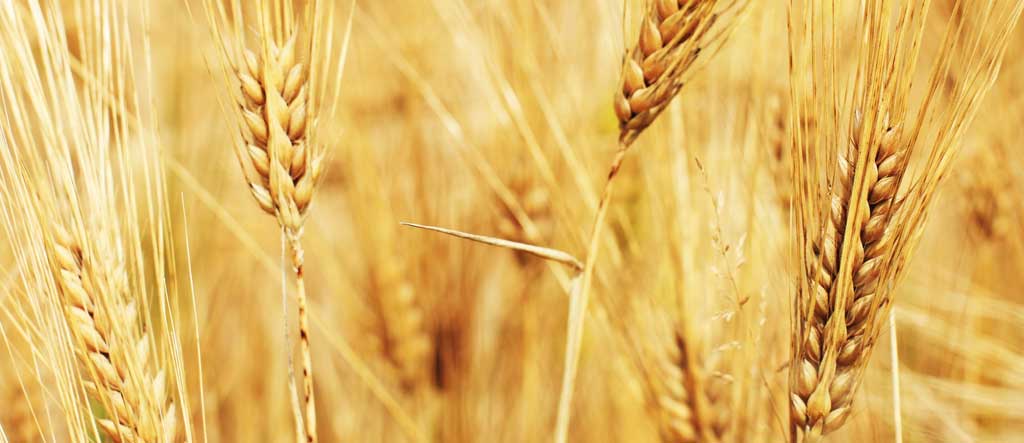 Read more: Dietary Fibre
Read more: Dietary FibreThere are two types of dietary fibre: soluble and insoluble. Soluble fibre dissolves as it is digested. It absorbs fluids, which can delay stomach emptying and relieve diarrhoea, stabilise blood sugars, regulate cholesterol and sustain energy. Oats and psyllium seed husks are high in soluble fibre. Chia seeds are among the richest sources of soluble…
-
Whole Grains: flours
 Read more: Whole Grains: flours
Read more: Whole Grains: floursWhole unprocessed grains contain all three edible parts: the germ, endosperm and bran of the original grain seed or kernel. The bran is the outer skin of the kernel. It contains important antioxidants, B vitamins and fibre. The germ is the embryo and it has the potential to sprout into a new plant. It contains…
-
Refined Sugar: alternatives
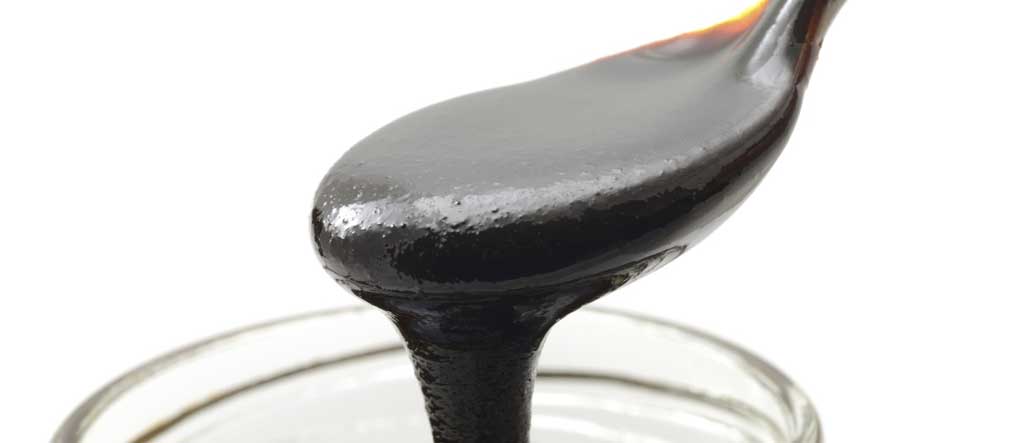 Read more: Refined Sugar: alternatives
Read more: Refined Sugar: alternativesRefined white sugar has no nutritional value. It is quickly absorbed into the bloodstream and produces a rush that triggers the pancreas to try and re-balance sugar-levels in the blood. Too much sugar over-activates the pancreas, absorbs calcium from your bones and teeth that later gets deposited in your muscles, arteries, joints and major organs,…
